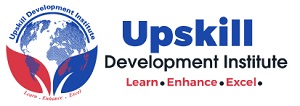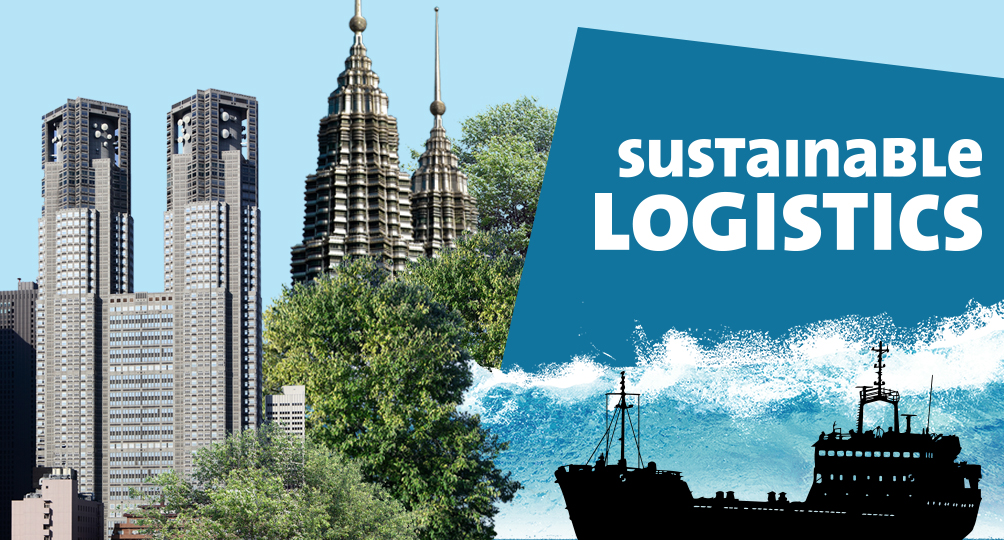Introduction
This course explores the principles, practices, and challenges of building sustainable supply chains and logistics systems. Students will examine the environmental, social, and economic dimensions of sustainability and learn strategies to integrate sustainability principles into supply chain management and logistics operations.
Supply Chain Management (SCM) is the broad range of activities required to plan, control and execute a product’s flow, from acquiring raw materials and production through distribution to the final customer, in the most streamlined and cost-effective way possible.
Supply Chain Management is the golden tool to operate the efforts of logistics, warehouses, procurement, transportation and other support service sections toward the success of supporting the end user.
The Processes and Tools for Supply Chain Success training course is the best way to get new theoretical and practical experience to get the know-how experience of doing the job done.
Course duration
5 days
Who should attend?
This training course is suitable to a wide range of professionals but will greatly benefit:
- Managers and Employees Who Do Take on Responsibilities in Supply Chain & Logistics with Already a First Experience in the Field and Want to Evolve to the Next Level
- Managers and Employees Moving to Supervision or Managerial Roles in Supply Chain & Logistics
- Managers and Employees in a Function at the Interface Between the Supply Chain & Logistics and Other Departments
Course Objectives
- To understand the concept of sustainability in the context of supply chain management and logistics.
- To explore the environmental, social, and economic impacts of supply chain and logistics activities.
- To analyze sustainable supply chain strategies, including green procurement, eco-friendly transportation, and waste reduction.
- To develop skills in assessing and improving the sustainability performance of supply chain and logistics systems.
Course outline
Module 1: Introduction to Sustainable Supply Chain Management
- Definition and importance of sustainable supply chain management
- Triple bottom line approach: environmental, social, and economic sustainability
- Drivers and benefits of sustainability in supply chains
Module 2: Environmental Sustainability in Supply Chains
- Environmental impacts of supply chain activities
- Sustainable sourcing and green procurement practices
- Life cycle assessment (LCA) and carbon footprint analysis
Module 3: Social Sustainability in Supply Chains
- Social responsibility and ethical sourcing
- Labor rights and working conditions in supply chains
- Stakeholder engagement and community development initiatives
Module 4: Economic Sustainability in Supply Chains
- Economic viability of sustainable supply chain practices
- Cost-benefit analysis of sustainability initiatives
- Business case for sustainable supply chain management
Module 5: Sustainable Logistics and Transportation
- Green transportation modes and technologies
- Route optimization and carbon-efficient logistics
- Sustainable packaging and materials handling
Module 6: Sustainable Warehousing and Distribution
- Energy-efficient warehouse design and operations
- Inventory management for sustainability
- Reverse logistics and product end-of-life management
Module 7: Sustainable Supply Chain Metrics and Performance Measurement
- Key performance indicators (KPIs) for sustainable supply chains
- Sustainability reporting frameworks (e.g., GRI, CDP)
- Benchmarking and continuous improvement in sustainability performance
Module 8: Sustainable Supply Chain Collaboration and Partnerships
- Supplier relationship management for sustainability
- Collaborative initiatives and industry partnerships
- Supply chain transparency and traceability
Module 9: Regulatory Compliance and Risk Management
- Legal requirements and regulations related to sustainability
- Supply chain risk assessment and mitigation strategies
- Crisis management and business continuity planning
Module 10: Innovation and Future Trends in Sustainable Supply Chains
- Emerging technologies for sustainable supply chains (e.g., blockchain, IoT)
- Circular economy principles and closed-loop supply chains
- Future challenges and opportunities in sustainable supply chain management
Training Approach
This course will be delivered by our skilled trainers who have vast knowledge and experience as expert professionals in the fields. The course is taught in English and through a mix of theory, practical activities, group discussion and case studies. Course manuals and additional training materials will be provided to the participants upon completion of the training.
Tailor-Made Course
This course can also be tailor-made to meet organization requirement. For further inquiries, please contact us on: Email: training@upskilldevelopment.com Tel: +254 721 331 808
Training Venue
The training will be held at our Upskill Training Centre. We also offer training for a group at requested location all over the world. The course fee covers the course tuition, training materials, two break refreshments, and buffet lunch.
Visa application, travel expenses, airport transfers, dinners, accommodation, insurance, and other personal expenses are catered by the participant
Certification
Participants will be issued with Upskill certificate upon completion of this course.
Airport Pickup and Accommodation
Airport pickup and accommodation is arranged upon request. For booking contact our Training Coordinator through Email: training@upskilldevelopment.com, +254 721 331 808
Terms of Payment:
Unless otherwise agreed between the two parties payment of the course fee should be done 3 working days before commencement of the training so as to enable us to prepare better

